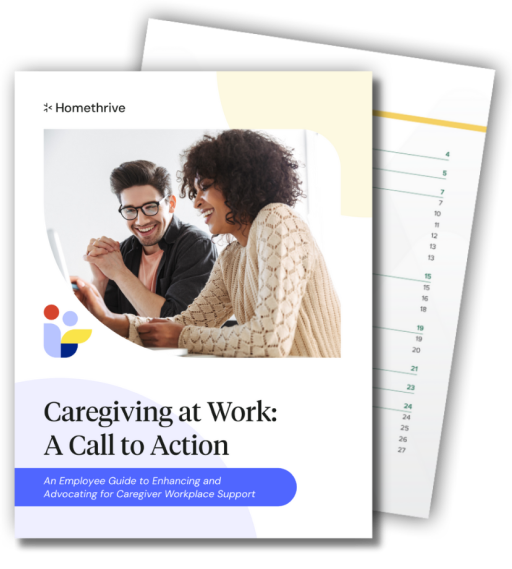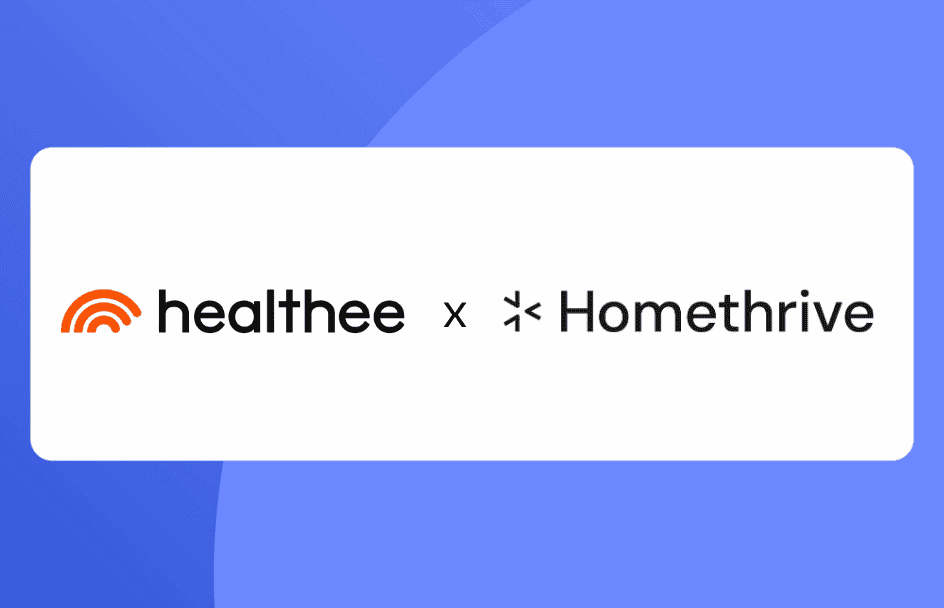Is your company considering a permanent hybrid work environment? Perhaps you’re tasked with looking at the advantages and disadvantages of various hybrid models. Or maybe you’re writing a hybrid work policy.
Here’s what human resource departments and company executives need to know about hybrid workplaces.
5 Hybrid Workplace Models
When it comes to the work environment, “hybrid” has multiple meanings. In addition to fully remote or fully in-office options, Inc. reported five hybrid workplace models:
- Office-centric hybrid: which requires employees to come into the office most of the time
- Fully-flexible hybrid: giving employees complete choice
- Remote-ish (or remote-friendly) hybrid: which may include work-from-home (WFH) days and scheduled in-office days
- Hybrid remote office: which offers employees a menu to choose how they want to work
- Remote (or virtual)-first: which favors remote work and remote processes
Considerations Regarding Various Hybrid Models
Some of the factors your company will want to consider as it examines a permanent hybrid model might include:
- Preventing work distribution inequities
- Ensuring employees know what to do and how to get it done in a timely way
- Placing necessary boundaries and controls on company expectations
- Encouraging collaboration between remote and in-office workers
- Averting possible inequities in the treatment of employees in different locations, including access to information, executive face time, perks, and career advancement
- Managing logistics, such as desks, technology, out-of-state payroll laws, etc.
- Avoiding employee turnover by deeply reflecting on the needs and wants of your employees when it comes to remote, hybrid, and in-office policies
Possible Disadvantages of a Hybrid Workplace
Furthermore, the following are perceived or real disadvantages of a hybrid work environment:
- Management fears that remote employees are slacking (the “butts-in-seats” philosophy)
- Increased costs to ensure that remote workers have the proper equipment, can securely transfer data across all devices, have fast internet service, and can quickly access IT support
- Possible need for office renovations
- Placing women at career risk, as reported in this Harvard Business Review article, because of perceptions regarding commitment level of and mentorship opportunities for those working from home
- Proximity bias—the idea that those who work near their team will be more successful
- Some employees may prefer routine and consistency, struggling to adjust between days at home and those in the office
- Modern “open office” spaces often lack privacy, distracting coworkers
- Employees may overwork from home and experience burnout
- Working at different hours may decrease collaboration and efficiency
- Attempts at developing company culture through on-site, after-hours activities can be a fun team building activity for some, but may be impossible to attend for those with family caregiving responsibilities, putting a large portion of employees at a disadvantage
Possible Advantages of a Hybrid Workplace
By contrast, here are some possible advantages of a hybrid workplace.
- Employee flexibility to work in a way that best fits individual styles
- Saved workplace costs (rent, utilities, equipment, etc.)
- Increased productivity
- More adoption of technology
- Happier employees
- Employee empowerment and satisfaction
- A wider talent pool for recruiting
- Greater employee retention
The future of work
What’s clear is that hybrid workplace options are the future. Employers who want to remain competitive should consider offering work-from-home options, if they can, in addition to traditional workplace models.
Two details are less obvious:
- Deciding which of the five hybrid work models to implement for your organization, and
- How to develop hybrid work policies that prioritize company needs while addressing those of employees.
Ready to take action? Explore an employee benefit that supports your employees who double as family caregivers.







